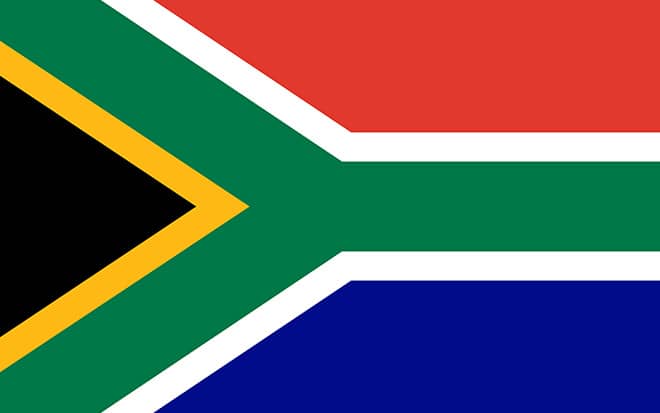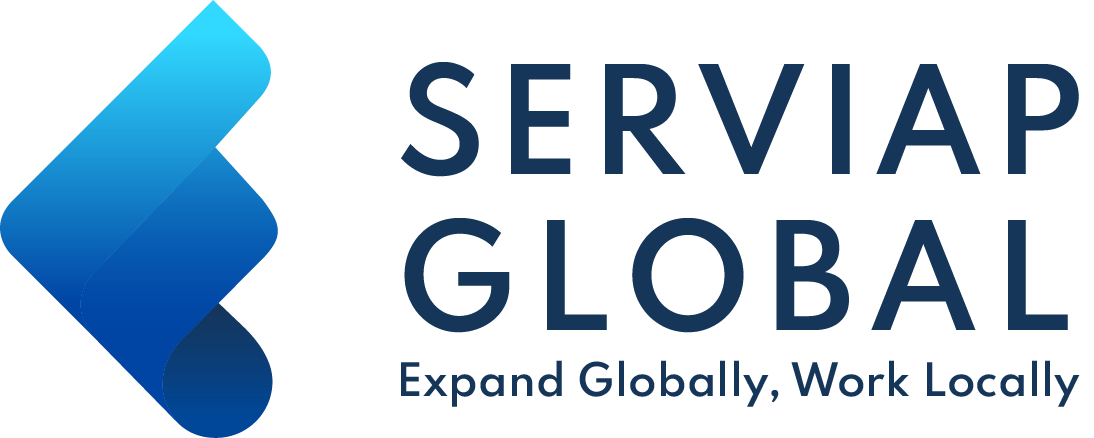South Africa
Knowledge Base
Frequently asked question, important data and information on EOR.

General information
R23.19 per hour
Labor Law
Laws that regulate Labor Relationship
The Labour Relations Act 66 of 1995
Onboarding guide
- Contract requirements
- Types of contracts
- Probation Period
- Offer letter
- Digital signature
- Onboarding documents
Requirements for a labor contract
• The name and address of the employer
• Employee’s name
• Job description
• Place of work
• Start date
• The employee’s wage or the rate and method of calculating wages
• The overtime rate
• Any other payments in cash or kind to which the employee may be entitled (and for payments in kind, the value of those payments)
• The date when remuneration will be paid – promotes certainty and consistency.
• Details of any deductions that will be made from the remuneration
• The amounts of leave which can or must be taken
• The period of notice – This too is strictly regulated by the BCEA
• A description of any bargaining council or sectoral determination that covers the employer’s business
• A list of any other documents that form part of the contract
Pre-hire Medical exam
No
Types of contracts
Types of labor contracts permitted in South Africa include fixed-term contracts, indefinite contracts, part-time contracts, and temporary employment contracts.
Probation Period
Probation or trial periods are usually stipulated in an employee’s job contract; however, in South Africa, the conventional practice is three months, which can be extended to six months if necessary.
Are offer letters mandatory in the country?
Offer letters are not mandatory for labor contracts in South Africa, but it is recommended that employers issue written offers to employees.
Are digital signatures in labor contracts valid?
Permitted
Mandatory onboarding documents
Statutory benefits
Annual Bonus
They are paid in December each year.
Additional bonus
• Performance bonus: Paid for good performance and should be based as a percentage of the employee’s salary or wages.
• Production bonus: This is based on production measured against targets.
Leaves (medical, maternity, paternity, etc.)
• Maternity Leave: You are entitled to four months of unpaid maternity leave. The leave can be taken at any time from four weeks before the due date, and the employee must not return to work until six weeks after the due date.
• Adoption leave: Parental leave: adoptive parents 10 days of unpaid parental leave when their children are born or relinquished to the parents.
• Study Leave: An employee who is in school may take 2 paid days per subject per year with a maximum of 10 days per year.
• Work-related injury leave: if an employee is injured on the job and takes more than 4 days of leave due to the injury, he/she is entitled to 75% of his/her regular salary for a maximum of 3 months. After 3 months of leave, the employee must claim compensation from the compensation fund and receives 75% of his regular salary.
Annual Leave (days per year)
21 days of paid annual leave. The employee may accrue paid annual leave on a monthly basis at the rate of 1.25 days per month.
How do vacation days expire?
In South Africa, the Basic Conditions of Employment Act allows employees to carry over their annual leave to the next leave cycle, which is a period of 12 months following the employee’s anniversary date of employment.
Official Holidays
• January 01 New Year’s Day
• March 21 Human Rights Day
• March 22 Public holiday
• April 02 Good Friday
• April 05 Family Day
• April 27 Freedom Day
• May 01 Workers’ Day
• June 16 Youth Day
• August 09 National Women’s Day
• September 24 Heritage Day
• November 01 National elections
• December 16 Day of Reconciliation
• December 25 Christmas Day
• December 26 Day of Goodwill
• December 27 Public holiday
Working on holidays and Sundays
Sunday and public holiday work is compensated at 2 times the normal salary rate.
Number of Working hours
9 hours per day, totaling 45 hours per week, factories and offices Monday to Friday.
Overtime
After 45 hours in a week will be paid 150% more for the first 10 hours worked. Overtime is capped at 10 hours per week and three hours per day. Employers cannot force employees to work overtime.
Social Security (what does it cover)
Health care benefits are the responsibility of the Department of Health, which administers the provincial hospitals in South Africa.
Payroll
Salary payment currency
Local currency.
Can salary be paid in a different currency other than the local currency?
Payment frequency
• Monthly
• Bi-Weekly
• Weekly
VAT percentage
15%
Payroll Taxes
– Unemployment Insurance 1%
Tax Payer Identification Number
The South African identification number is a key identifier for individuals and is issued to all South Africans.
Offboarding
Voluntary resignation
There are no specific rules for voluntary resignation in South Africa, as it is a right of the employee to resign from their job at any time. However, employees are typically required to give their employer notice of their intention to resign. The notice period is usually stated in the employment contract and is typically between one to four weeks (See Notice period).
Contract termination
The contract of employment can be terminated on the following grounds:
• on expiration of the agreed period of employment;
• on completion of the specified task;
• by notice duly given by either party;
• by summary termination in the event of a material breach on the part of either party;
• by repudiation;
• by mutual agreement;
• by death of either party;
• by the insolvency of the employer; and
• by the supervening impossibility of performance, where either party becomes permanently unable to perform his/her obligations in terms of the contract.
Justified Dismissal
The LRA (Labour Relations Act) expressly recognizes the following grounds for termination of the employment contract:
• misconduct on the part of the employee;
• the employee’s poor work performance and/or incapacity;
• the operational requirements of the employer.
Unjustified Dismissal
An employer may no longer terminate without cause.
The amount of severance pay is determined by the employee’s length of service and is usually one week’s remuneration for each completed year of service.
Minimum Notice Period
The minimum notice period depends on the length of service as follows:
• 0 to 6 months of service: 1 week’s notice is required
• 6 to12 months of service: 2 weeks’ notice is required
• 12 months to 4 years of service: 4 weeks’ notice
Immigration
Visa process
1. The employee who submits a complete application for a temporary residence and work permit before the expiration of the stay of 90 days may stay in Montenegro until the executive decision.
2. The Ministry shall issue a confirmation on a receipt of the application for a temporary residence and work permit, which shall contain the indicated time limit within which the applicant may take the permit.
3. The application form and the form of the confirmation shall be prepared by the Ministry.
4. An application for issuance of a permit for temporary residence and work shall be submitted by the employee in person to the Ministry in the residence place, on the prescribed form.
5. When submitting a request , the employee is taken from a photograph, fingerprints of two fingers and digitized handwritten signature. Exceptionally, an application for a permit for temporary residence and work can also be submitted to the Ministry by the employer in the intended stay of the foreigner, at the employer’s seat in Montenegro or place of work of a foreigner. The certificate shall be issued for a period of five days.
6. The employee is obliged to, within five days from the date of issue of the certificate notifies to the Ministry in the application submission area so as to provide the aforementioned information . Otherwise, it shall be deemed that the employer withdrew the request.
7. The employee who has been issued a visa for a long-term stay (Visa D) for the purpose of employment, he/she is obliged to submit an application for a permit for temporary residence and work within ten days of the issuance of visas.
Visa documents
The mandatory documents to obtain a work visa in Montenegro include:
• a valid passport,
• a work permit issued by the Employment Agency of Montenegro,
• a visa application form, a photo, a health certificate,
• a proof of sufficient financial means to support oneself while in Montenegro.
Contact us and start your business expansion today






